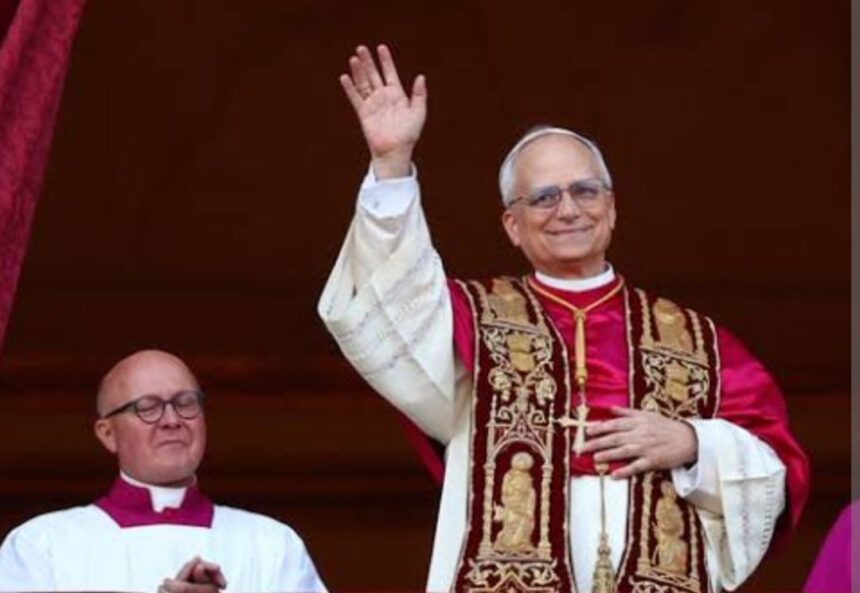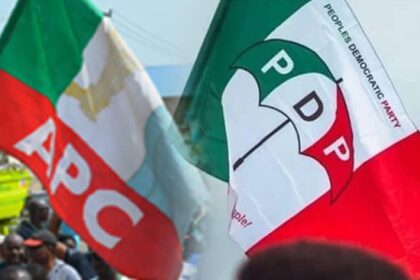The previous pope, as the spiritual leader of over a billion Catholics, did not receive a traditional salary but was fully supported by the Vatican
Pope Francis, known for his humble lifestyle, actively refused personal income throughout his tenure from 2013 to 2025, mirroring the values of St. Francis of Assisi
Recognizing the Vatican’s substantial assets while also addressing financial challenges, Pope Francis initiated important reforms, including salary adjustments for clergy and increased transparency in financial practices. These efforts aimed to foster a more responsible and accountable stewardship of resources within the church. …CONTINUE READING


The Pope, as the supreme leader of the Roman Catholic Church, commanded the spiritual devotion of over a billion Catholics worldwide.
Despite holding one of the most recognisable roles globally and governing a sovereign state, he did not receive a conventional salary, according to DailyMail UK.
Instead, the Vatican, the smallest independent country in the world, provided for all his needs, including accommodation, food, travel, healthcare, and security.
Throughout his tenure from 2013 to 2025, Pope Francis became renowned for his frugal and humble lifestyle. He actively declined any form of personal income, reinforcing his commitment to simplicity and the poor.
Although estimates suggested the Pope may have been entitled to a modest salary of around €2,500 per month (approximately £2,150), he followed in the footsteps of his namesake, St. Francis of Assisi, by rejecting financial compensation.
Historically, popes had never drawn lavish salaries. Instead, the Vatican covered their living expenses, offering an essentially all-expenses-paid existence.
While traditionally housed in the luxurious Apostolic Palace, Pope Francis famously opted for the simpler Domus Sanctae Marthae guesthouse within Vatican grounds.
Although the Pope did not receive a wage, he was far from impoverished. Estimates placed Pope Francis’s net worth at around £12 million, including access to papal assets and Vatican-funded services.
He had access to official residences, a fleet of vehicles, and financial allowances for charitable donations. His generosity was evident in 2023, when he donated €200,000 to inmates of a Roman prison. However, these resources were not for personal indulgence but rather served the responsibilities of spiritual stewardship.
The Vatican sustained itself through a blend of donations, investment income, and revenue from tourism and the Vatican Museums.
A prominent source of funding was Peter’s Pence, an annual collection from Catholics worldwide that generated approximately £20 million per year, with the largest contributions coming from the United States, Germany, and Italy.
Despite its reputation for wealth, the Vatican faced financial instability. In 2023, it reported a significant £70 million operating deficit, raising concerns about the long-term viability of its pension fund for Vatican employees.
Pope Francis took action, introducing sweeping salary reductions in 2021. Cardinals previously earning between €4,000 and €5,500 per month experienced a 10% pay cut, bishops received around €3,000 per month, and ordinary priests in Rome earned approximately €1,200.





Pope Francis lived his life after the life of Christ.
He demonstrated the true face of the Church.